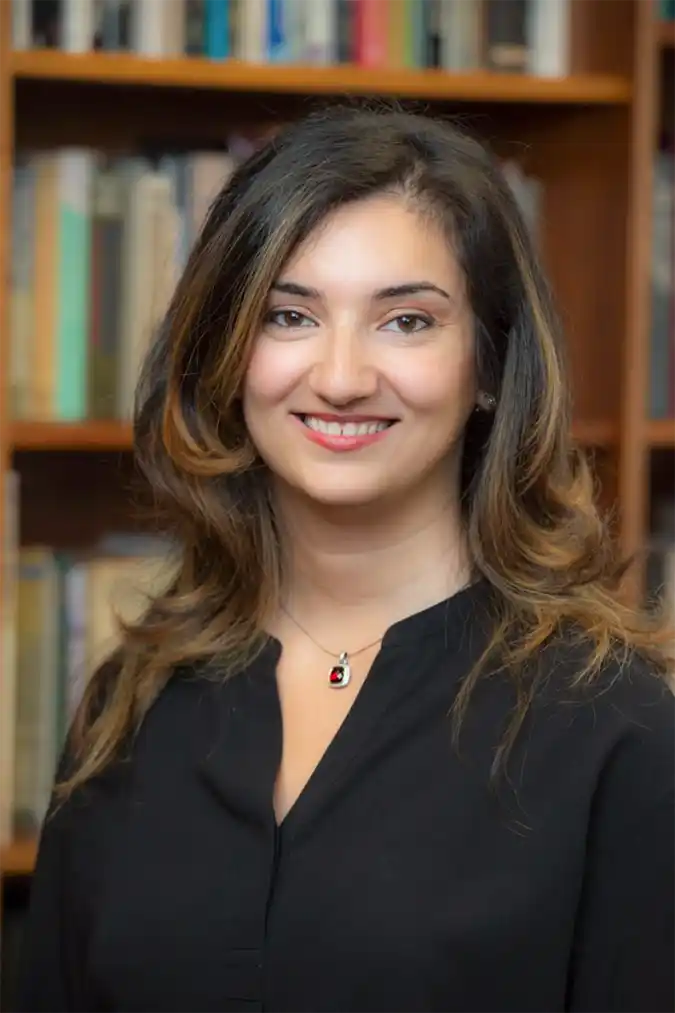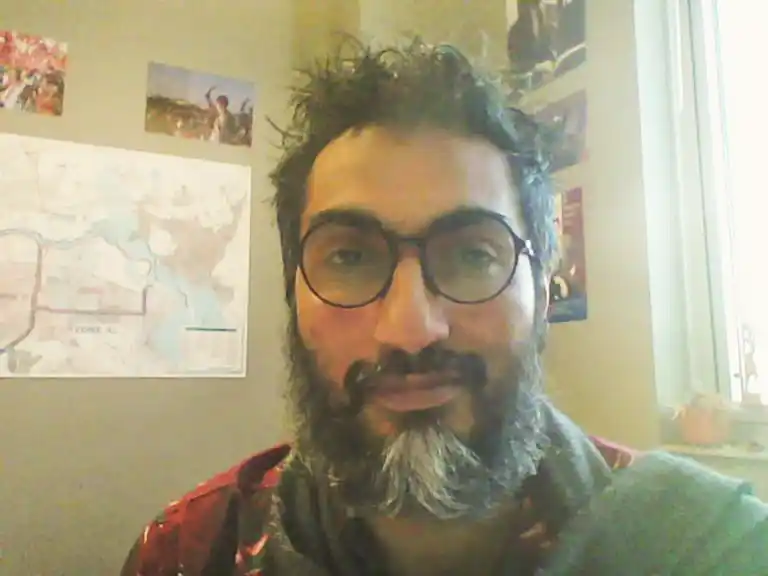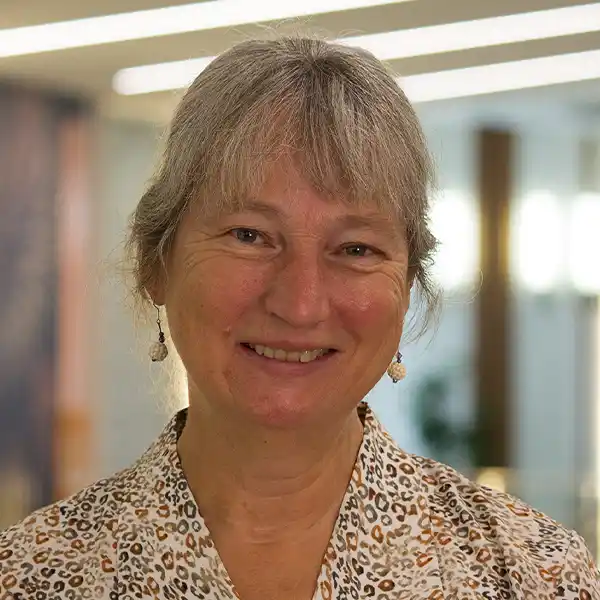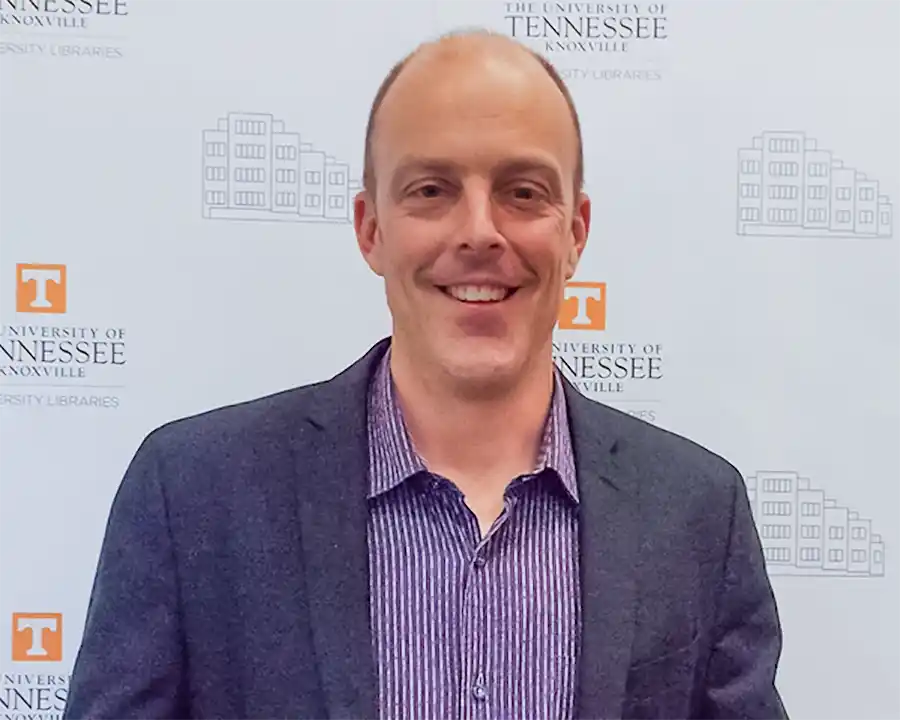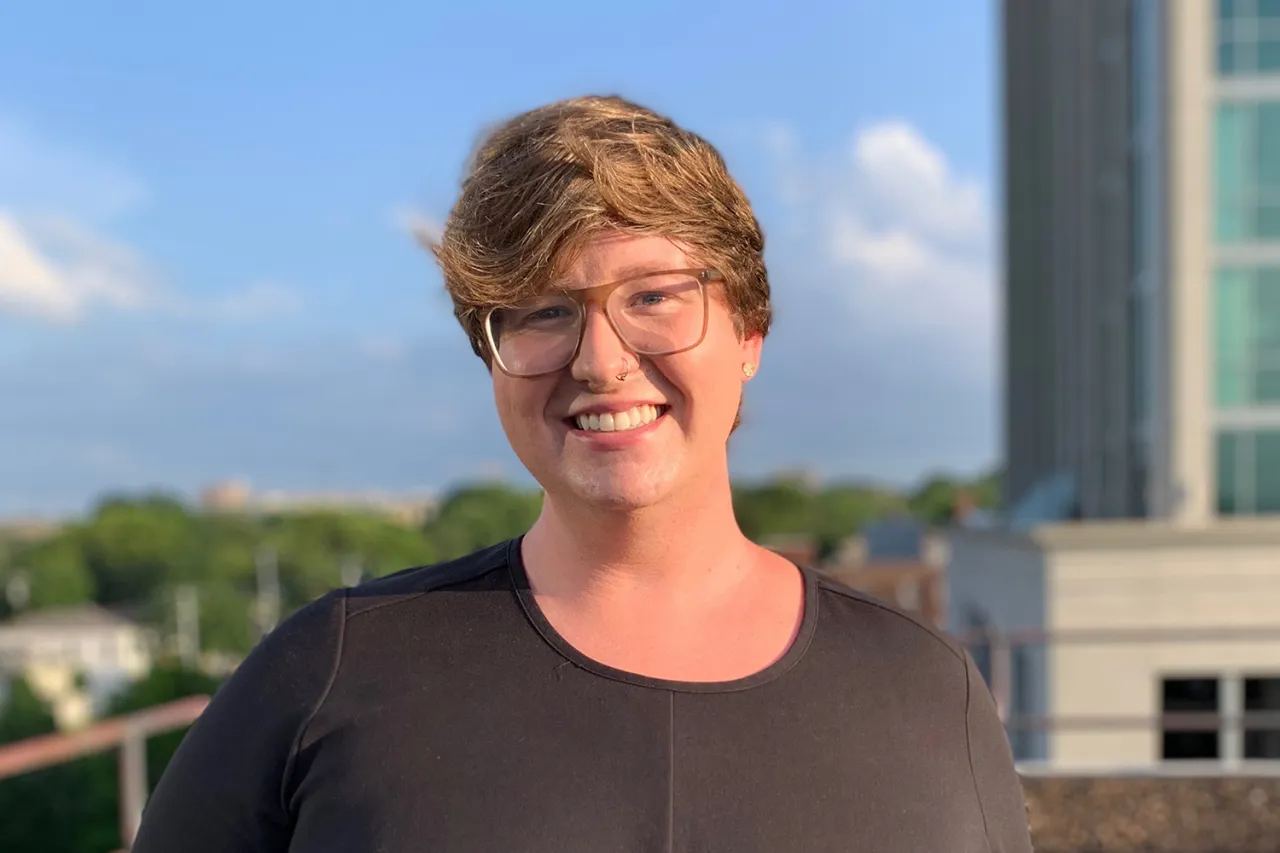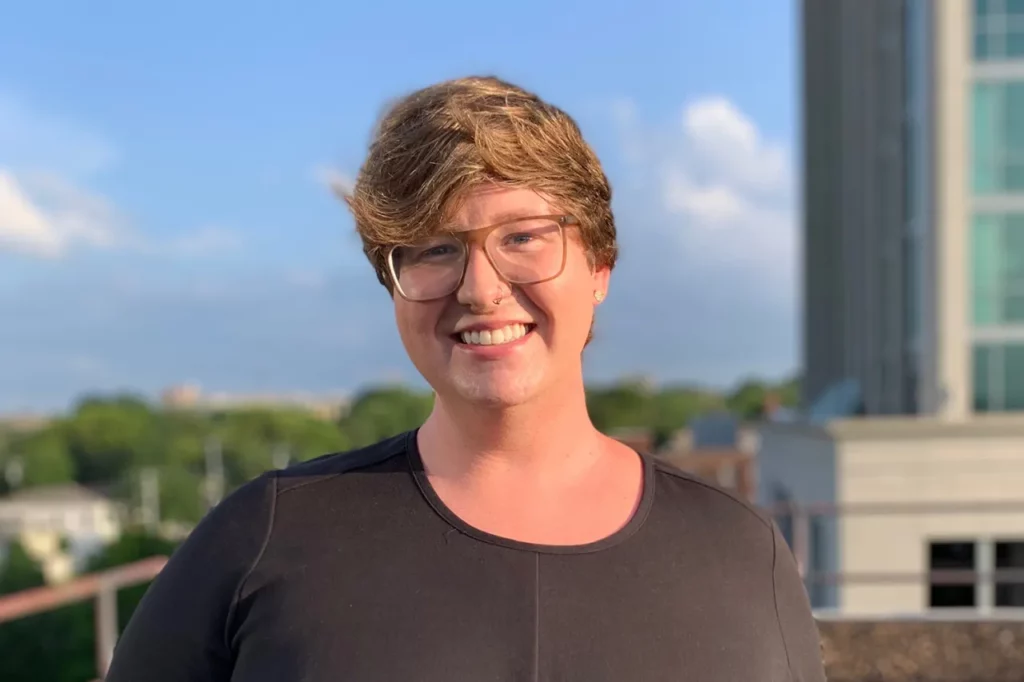Dr. Raja Swamy featured on the “Pretty Heady Stuff” podcast show
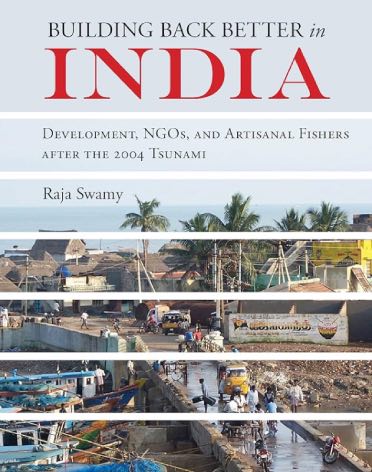
Dr. Raja Swamy was featured on”Pretty Heady Stuff,” a podcast show that features interviews with a variety of theorists, artists and activists from across the globe. It is guided by the search for radical solutions to crises that are inherent to colonial capitalism.
Dr. Swamy engages in an extended discussion on his recent book, Building Back Better in India: Development, NGOs, and Artisanal Fishers after the 2004 Tsunami. He discusses what is meant in the wake of the 2004 tsunami for states and multinational companies to see it as an opportunity to rebuild in a manner that prioritized profit and alignment with global financial regimes, rather than in a way that put the needs of already existing grass root networks and forms of collective labour first.
